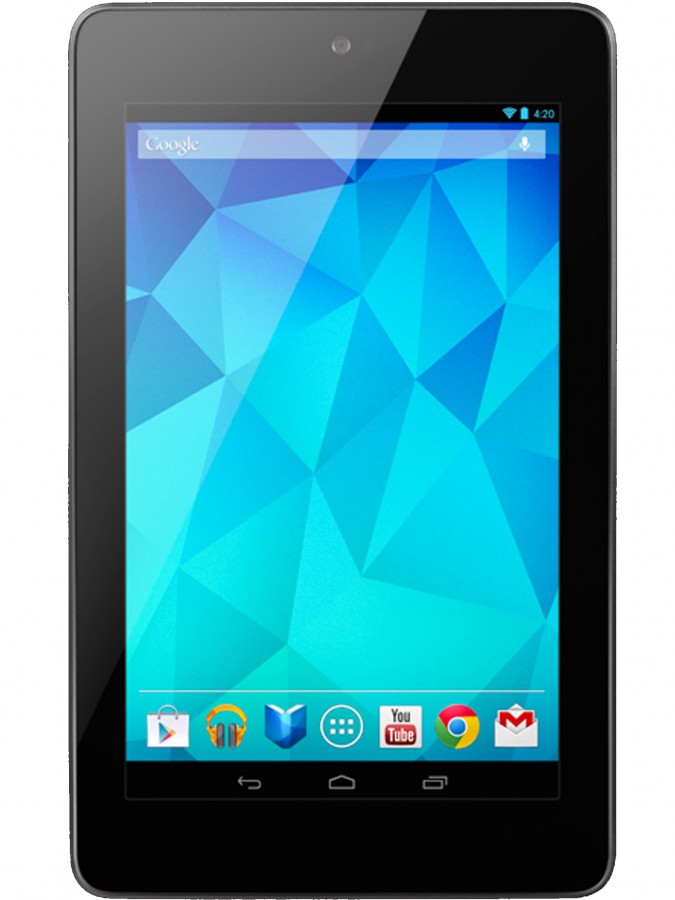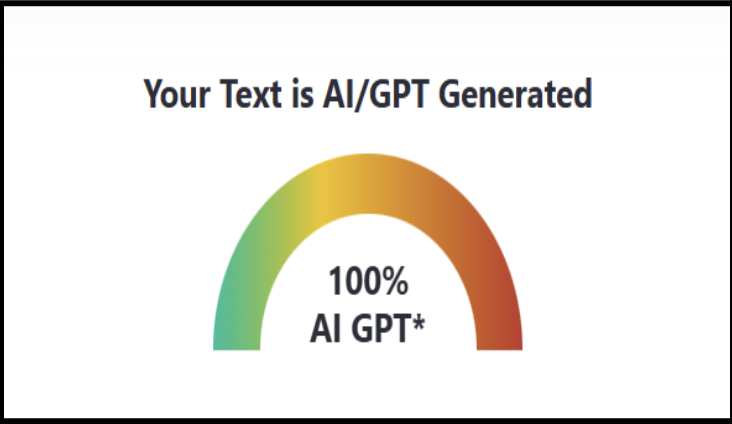With fascinating new updates on phones that are able to speak to you and locate where you are, technology has ad- vanced in a way that the world would have never imagined possible. Due to the rapid advancements, there has been debate as to whether this technology should be brought into the pub- lic education system. People are constantly using technology such as computers, smart phones, iPads and tablets to look up information in daily life. Using modern technology for text- book use, for accessing extra information and for preparing the world for where our society is headed, would only make sense.
Not only would tablets make textbooks less of a hassle but families will also ultimately benefit every student needs, on average, four to five textbooks. Since each textbook is generally 3.5 lbs., backpacks weigh much more than textbooks and are more difficult to carry to and from school. This causes students to have back problems, which could affect them for the rest of their lives. However, a tablet can hold all the textbooks a student needs, they do not weigh as much as a textbook and they are very portable. As most teenagers are notorious for losing their possessions, families will have to pay $50 to $100 if their children misplace their textbooks. However, if the textbooks are on a tablet, students do not have to worry about losing their textbooks and later having to pay to replace them. Although tablets initially seem more expensive, families will eventually spend exponentially less money when they do not have to pay for the many textbooks their children lose.
“Students wouldn’t have to carry around a backpack that weighs 50-70 lbs.,” said English I Honors and AP English IV teacher Diane McEvoy. “They would be less likely to be without their materials, so I think teachers and students would benefit [from this technology].”
If tablets are used in a classroom setting, students will have more access to extra information on the Internet that may not be included in the textbook. The majority of textbooks were written many years ago and do not provide all of the information students need, so many teachers already have students take out their phones in class to look up extra information on the Internet. However, this poses a risk of a student texting in class. As an alternative, the student could look up the information on his tablet and his phone will not be taunting him while he looks up information in class. Aside from looking up information on the tablet and using it as a textbook, one would be able to download helpful applications as well. There are multiple applications that are beneficial for students such as iHomework, an application that helps students organize their daily homework and extracurricular tasks. Similar to iHomework is the application Studious, which helps with organization but also allows students to sync their schedules so they can make appointments with tutors and arrange study sessions. With applications and extra online information, tablets help create more opportunities for students to succeed in school.
“[Using tablets in school] would be easier and more efficient,” said junior Lily Lester. “School would be a lot easier because everything would be right there on one device.”
The use of technology in a school setting will help prepare younger generations for the transition into the society in which technology is used in every situation possible. As technology is quickly advancing, the use of technology in every-day life will only continue to increase. People are already using technological devices for tasks that just a few years ago seemed impossible. This renders a world completely revolving around computers, phones and tablets inevitable. If tablets are already being used in classrooms, this transition will be even simpler for schools. For example, some teachers are already using technology to benefit their students outside the classroom such as creating videos to help students re-learn and master information. Creating these videos is helping students keep up-to-date on their studies while taking advantage of the technology at hand. Tablets would allow students to access these videos and other educational aids during lunch and other times out of the classroom to ensure students’ understanding of the material.
Using tablets for education enables students to have a physically and academically easier school life. Although the conversion to tablets may seem to have its obstacles at first, the stress of forgetting one’s homework or having to carry a textbook would be eradicated. The use of tablets would truly alter education for the better.








